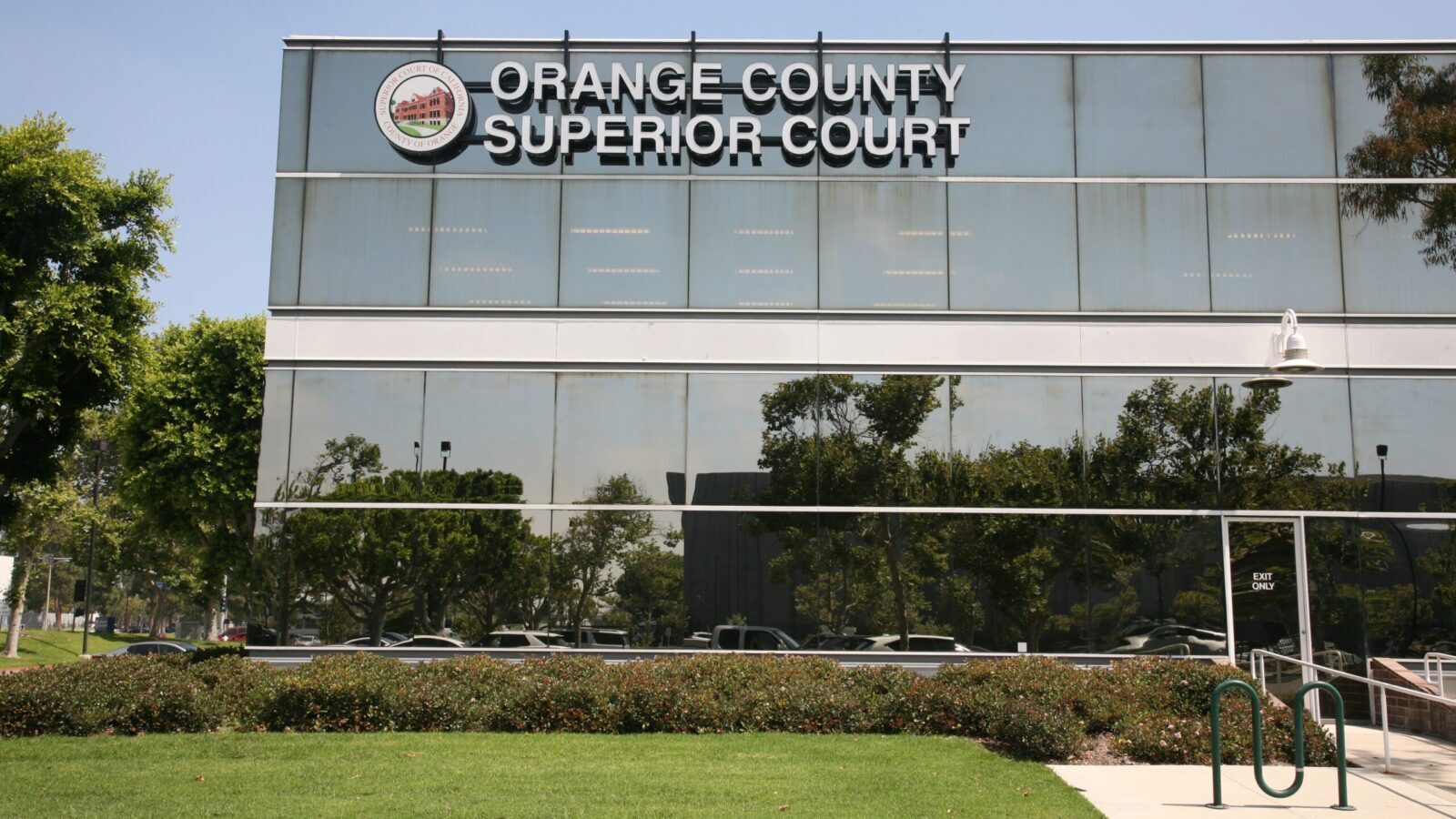First California Lawsuit Targeting ‘Sweepstakes’ Casino Industry Filed
Complaint against parent company of Pulsz argues it operates as an illegal gambling website
2 min

The spread of lawsuits challenging the legality of gambling operations commonly referred to as “sweepstakes casinos” has reached California.
A case filed last Tuesday in Orange County Superior Court centers on Pulsz.com, a sweepstakes casino operated by Yellow Social Interactive Ltd. The suit was initiated by Dennis Boyle, who alleges that Pulsz operates as an illegal gambling website and who has filed for public injunctive relief. If successful, it could compel the company to cease operations within the state.
Sweepstakes casinos like Pulsz operate differently than regulated online casinos (which are not a legal option available to customers in California). They allow users to participate in casino-style games such as online slots and blackjack but claim to operate within legal boundaries by using a virtual currency system. Users buy virtual “coins,” which have no cash value and can be used to play games, but they also receive a second form of currency that can, under certain parameters, be redeemed for cash or prizes. This dual currency framework allows the companies to assert that the platforms do not technically engage in real-money gambling, thus circumventing gambling restrictions in many states.
The approach has gained in popularity, and has increasingly drawn scrutiny from regulators and lawmakers across the U.S. Critics argue that this setup is essentially a loophole to conduct gambling operations under the guise of offering sweepstakes prizes.
The legal strategy behind Boyle’s lawsuit hinges on this perceived loophole. The complaint filed against Yellow Social Interactive alleges that Pulsz’s operations constitute gambling and that the company is, in effect, conducting an online casino without a proper license.
According to the lawsuit, Pulsz violates California’s stringent regulations on gambling, including the state’s ban on most forms of online gambling. The case status is currently “not classified by court,” indicating that the court has yet to assign it to a specific category or schedule hearings.
Lawsuits abound
This lawsuit adds to a broader national debate over sweepstakes gaming operators, which have come under fire in multiple states. While these companies argue that their business models comply with federal and state laws, they have nonetheless faced lawsuits and, in some cases, regulatory intervention.
Some states, including Kentucky and Washington, have attempted to regulate or ban sweepstakes casinos. Lawmakers and regulators have expressed concern that the platforms allow unregulated gambling activities that may harm consumers.
Critics argue that these platforms often target vulnerable individuals, including young adults and those prone to addiction, by using promotional language that implies easy winnings and high excitement. However, with no clearly stated federal stance on sweepstakes casinos, enforcement and regulatory efforts vary significantly across states, leading to an inconsistent patchwork of responses.
In California, this case could have significant ramifications not only for Pulsz but for other companies operating in the sweepstakes gambling market. With its restrictive laws on gambling, California, the largest and arguably most economically influential state in the country, is seen by many as a crucial frontier for clarifying the legal status of sweepstakes-based platforms.
If Boyle’s lawsuit succeeds, it could pave the way for further legal challenges to similar operations.





